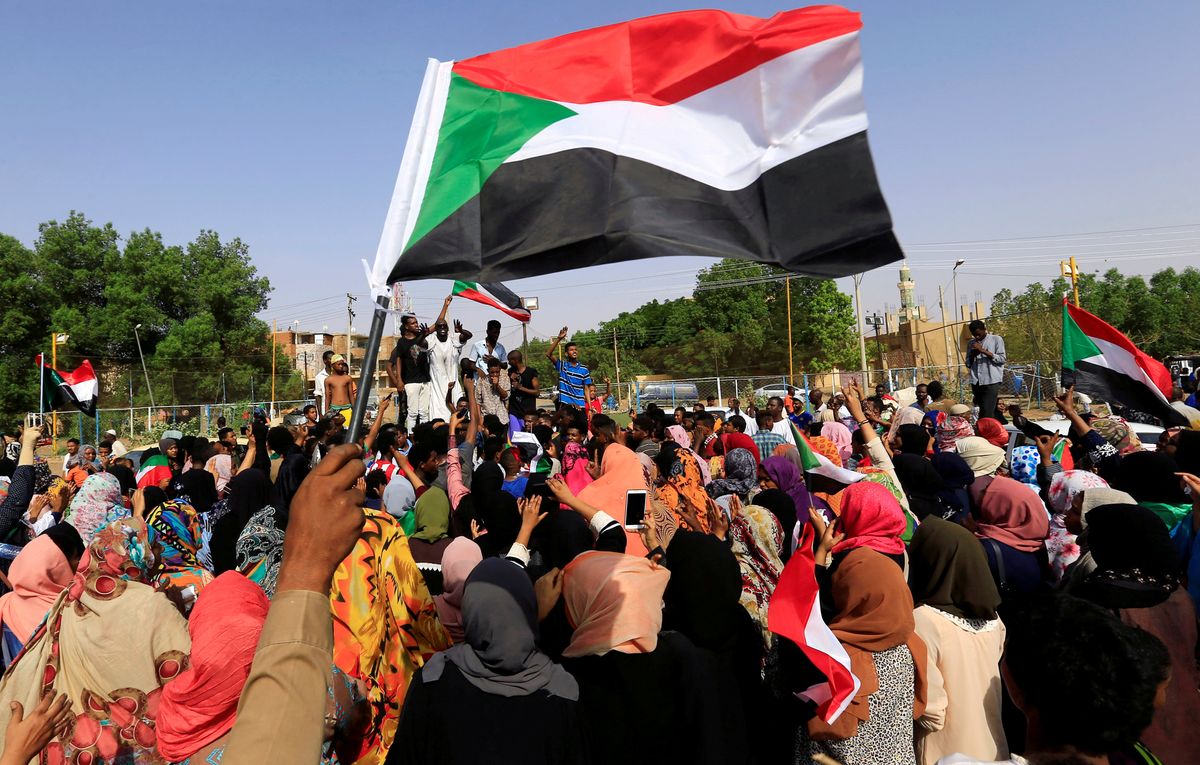Sudan legalizes booze (for some): Three decades after Sudan's strongman president Omar al-Bashir introduced draconian measures mandating the death penalty for those who "abandon" Islam, the country's new transitional government has introduced sweeping reforms to its criminal law. The changes allow non-Muslim Sudanese to consume alcohol and bans female genital mutilation. Sudan's transitional government, a joint civilian-military body which took office in August 2019 after popular protests pushed al-Bashir out of power, says that the reforms aim to counter the long-running persecution of black and Christian communities. But is there another motive at play? As Sudan's economy teeters on the brink of collapse, its government wants to be removed from the US State Sponsors of Terrorism List, which would open it up to international investment. The US says it's open to this, but only if it sees meaningful progress on human rights and democracy — and efforts to counter financing of terrorist regimes in the region. Sudan's nascent transitional government might be hoping that these changes help accelerate its removal from the State Sponsors of Terrorism List, which currently makes it ineligible for financing from the IMF and World Bank.
Poland's deep divisions and coming clashes: President Andrezj Duda eked out a narrow victory in the runoff of Poland's presidential election on Sunday. The result, the closest electoral result since the end of communism in 1989, highlights the political divide in the country, with mostly older and rural voters turning out in support of Duda's extreme social conservative views, while the younger, urban electorate supported opposition candidate Rafal Trzaskowki, the socially liberal mayor of Warsaw. The reelection of Duda, an ally of the governing Law and Justice (PiS) party, paves the way for the PiS to approve new laws — including on control of the judiciary and media censorship — that are expected to set Poland on a collision course with the European Union's rules on democratic institutions and the separation of powers. We're watching to see what Brussels does, but also whether there is further domestic pushback against PiS in a country that is increasingly polarized.
A protest in Russia's Far East: Tens of thousands of people took to the streets across the Far Eastern Russian region of Khabarovsk in a rare mass protest triggered by the arrest of governor Sergey Furgal, who is accused of ordering the murder of several businessmen in the early 2000s. Furgal is a member of the Liberal Democratic Party of Russia led by the eccentric ultra-nationalist Vladimir Zhirinovsky, which is normally loyal to the ruling United Russia party of President Vladimir Putin. However, two years ago Furgal took office by defeating the United Russia candidate in a landslide, and has since remained popular. The Kremlin wasn't happy about it, and protesters — many of whom were chanting anti-Putin slogans — believe that Furgan's arrest is politically motivated payback from the Kremlin. We are watching to see if the protests, which police did not stop, continue and more broadly whether this is a bellwether of growing dissatisfaction with Putin, whose approval ratings have recently touched their lowest mark since he came to power in 2000.






